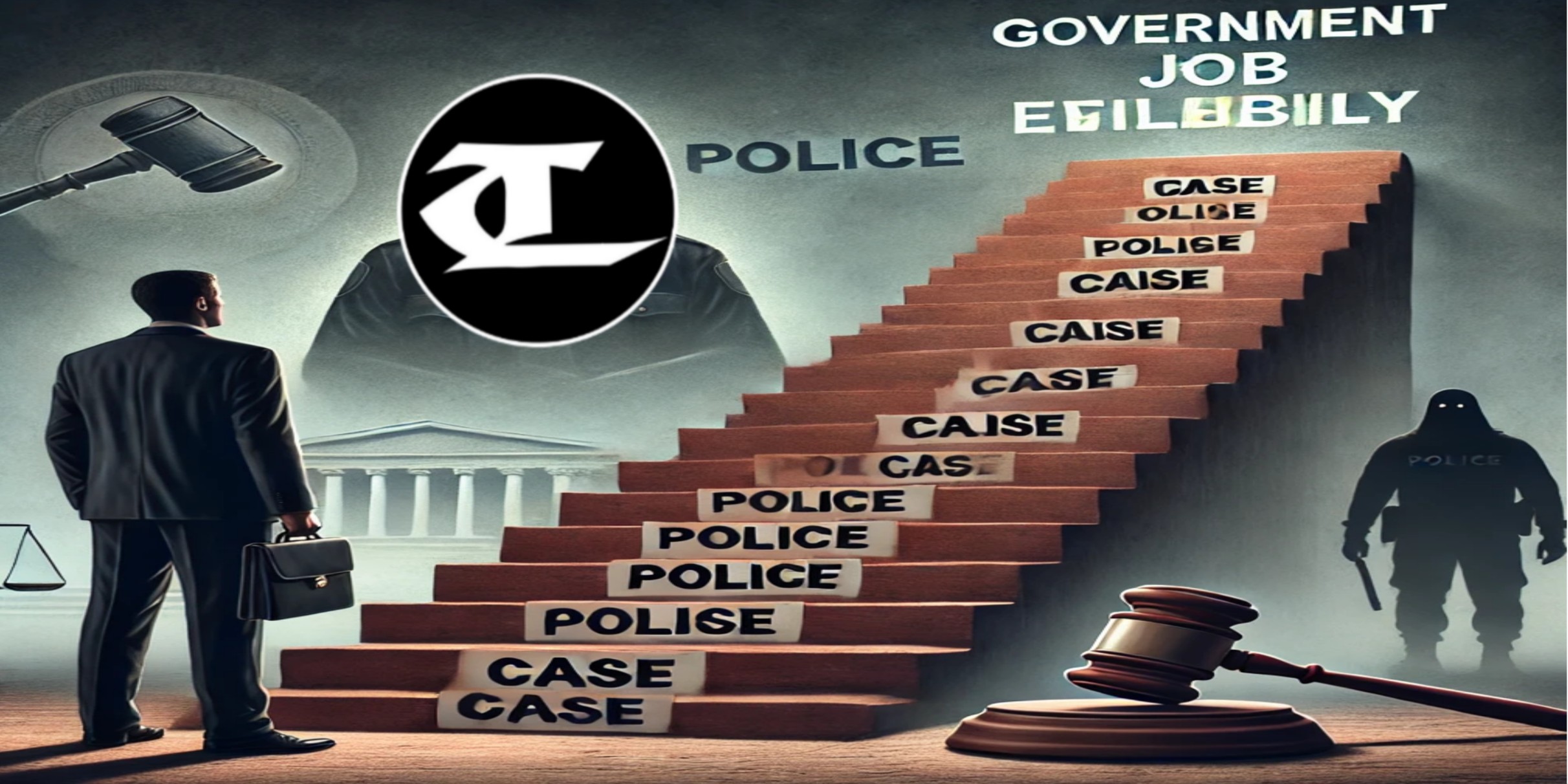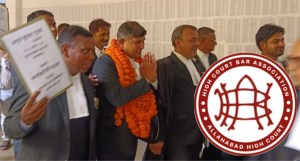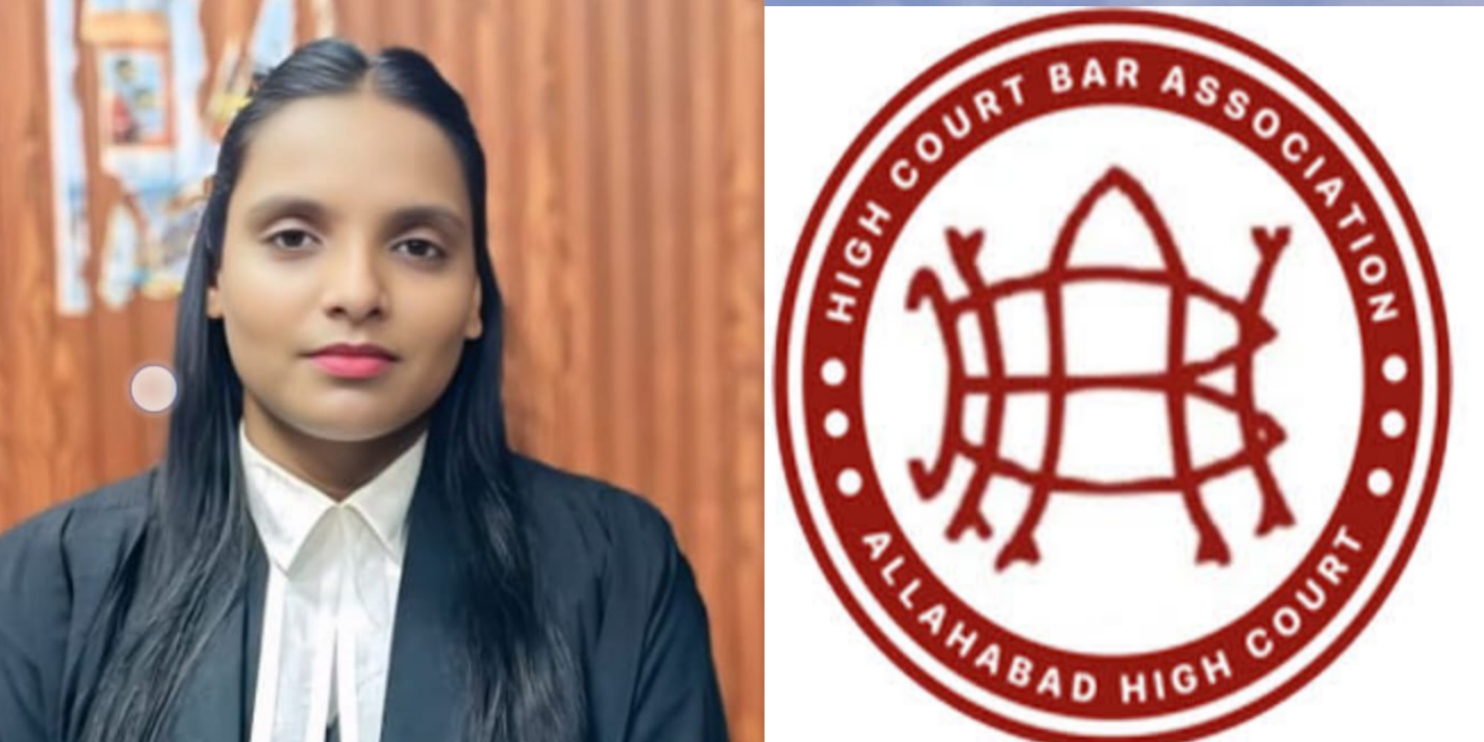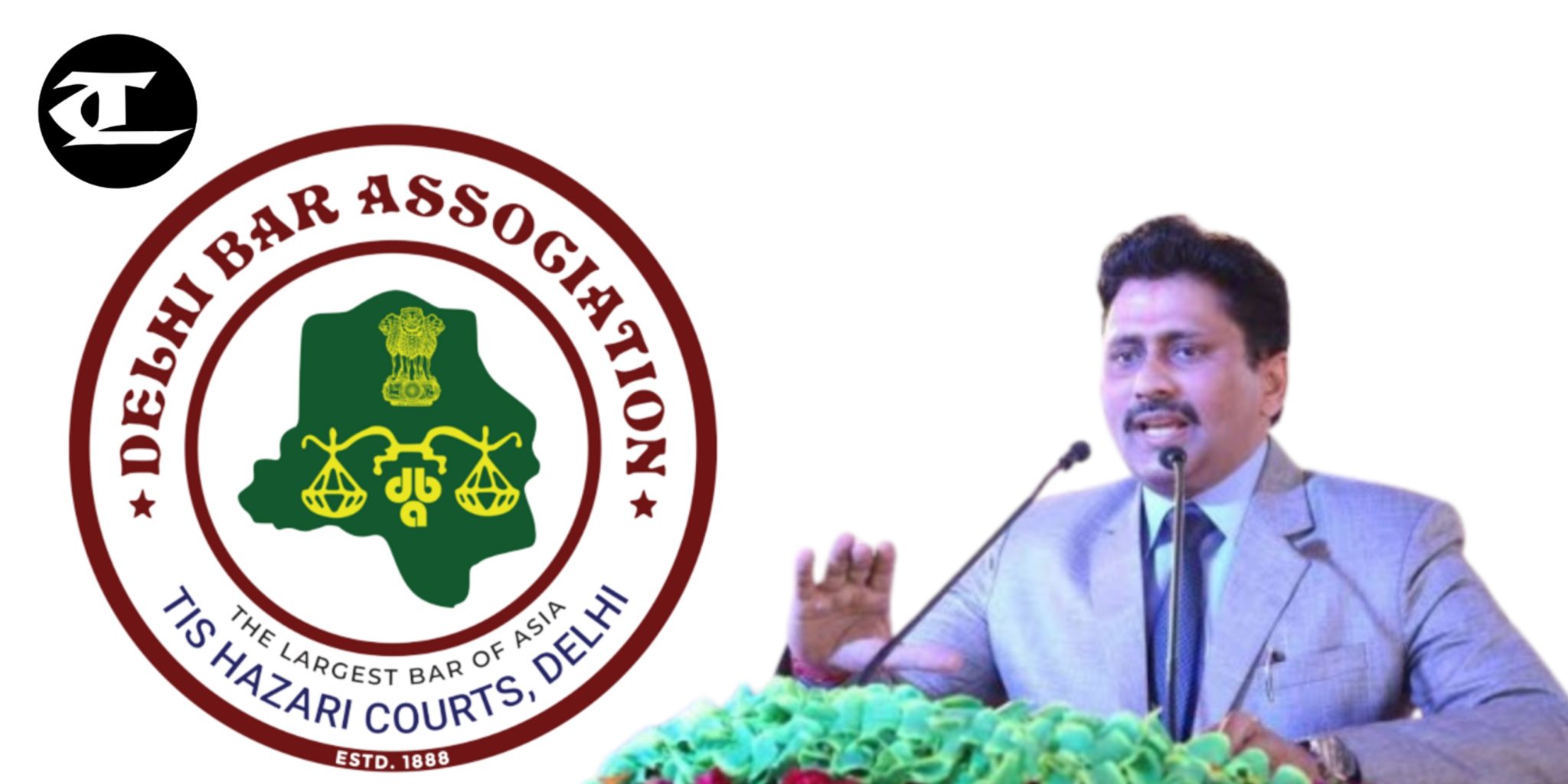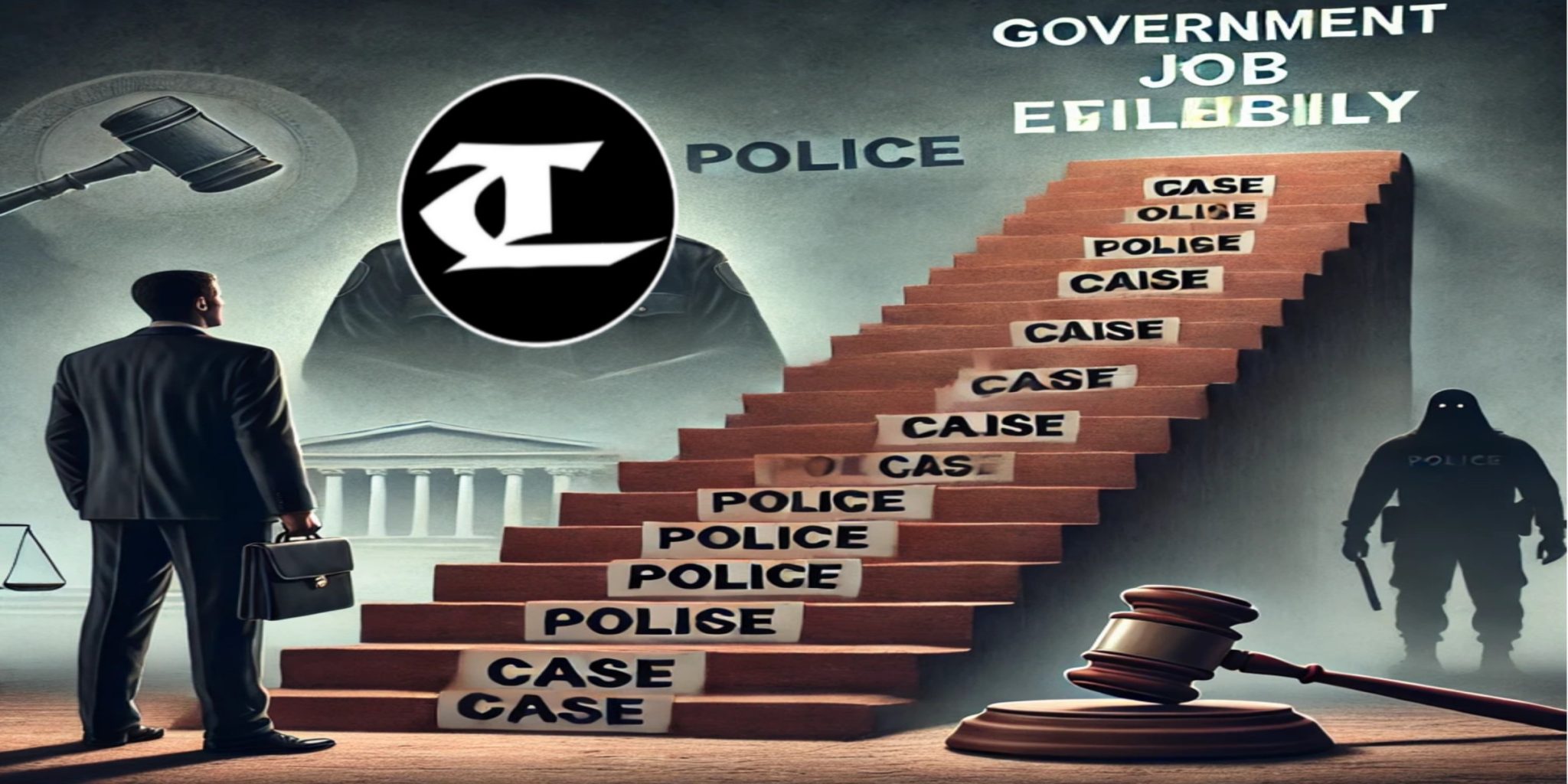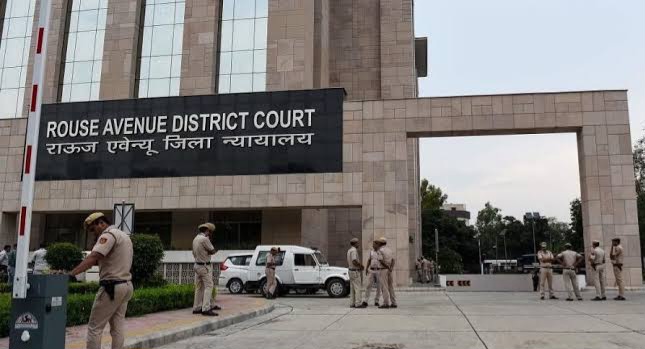A police case can have a serious impact on a person’s chances of getting a government job in India. Government jobs are considered highly prestigious and come with a great deal of responsibility and trust. Therefore, the recruitment process usually includes a thorough background and police verification. If a person is involved in a police case, it may raise questions about their integrity, conduct, and suitability for public service.
However, the actual impact depends on several factors such as the nature of the case, its status, and whether it involves moral turpitude or not. If the case is of a minor nature—like a petty quarrel, traffic violation, or civil dispute—it is unlikely to affect the selection process significantly. But if the charges are serious, especially those involving moral turpitude like fraud, theft, assault, corruption, or other grave criminal offences, it could lead to immediate disqualification or rejection of the candidature.
The stage of the police case is also very important. If the case is still pending in court and the candidate has not been convicted, then the candidate may still be allowed to appear for exams and interviews. However, final appointment is generally subject to the outcome of the case. Many recruitment boards require a declaration of any pending or past criminal cases in the application form. If a candidate conceals this information and it comes to light later, it could lead to cancellation of appointment or dismissal from service.
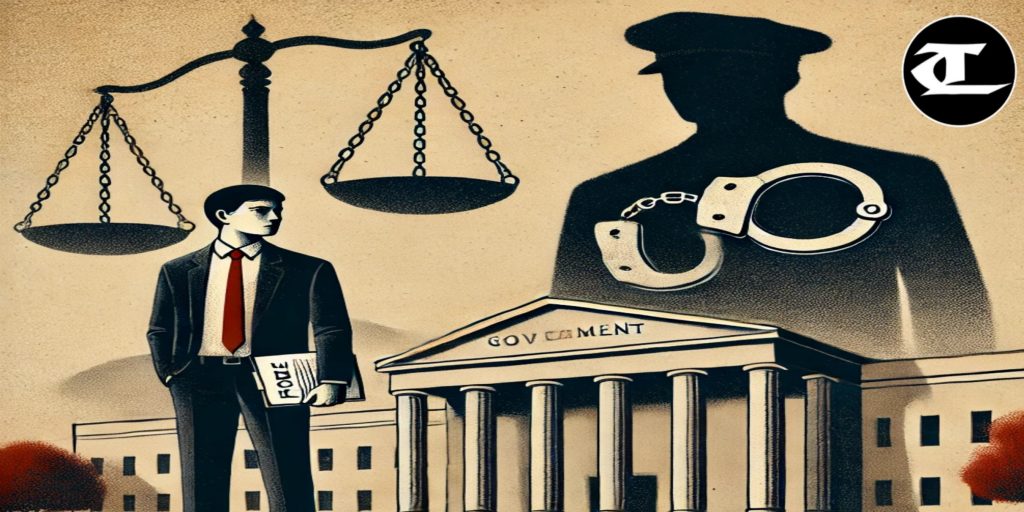
In cases where the candidate has been convicted by a court of law, it is almost certain that the person will be ineligible for a government job. A criminal conviction creates a permanent bar in most cases, especially if it relates to serious crimes. On the other hand, if the candidate has been acquitted, it does not always guarantee a clean slate. The government department may still assess the reasons behind the acquittal—for example, if it was due to lack of evidence, compromise, or procedural lapses—and decide whether to consider the person fit for public employment.
The Supreme Court and various High Courts in India have laid down important principles in this regard. The courts have held that mere involvement in a false or frivolous case should not ruin a person’s career. However, if the allegations are serious and supported by evidence, the employer has the right to reject the candidature in the interest of maintaining the integrity of public services. The decision usually lies with the appointing authority, which considers all aspects including the gravity of the offence, the status of the case, and the potential impact on public interest.
If a police case is discovered after a candidate has been appointed, the government may initiate departmental proceedings. In some cases, the employee may be suspended or dismissed depending on the severity of the case. However, such decisions are usually taken after giving the employee an opportunity to explain and after following due process of law. In cases of wrongful or malicious prosecution, the candidate can approach the court to challenge the disqualification or dismissal.
For individuals facing such issues, it is important to consult a legal expert and take appropriate steps to resolve the matter at the earliest. If the case is false or baseless, the person can file for quashing of FIR or seek discharge from the court. Being transparent in all declarations, cooperating during verification, and keeping legal records clean is essential for securing and retaining a government job.
In conclusion, while a police case does not automatically disqualify a candidate from a government job in India, it definitely affects the selection process and may lead to rejection or removal depending on the circumstances. The best approach is to resolve any legal issues before applying and to be honest during the recruitment process.

